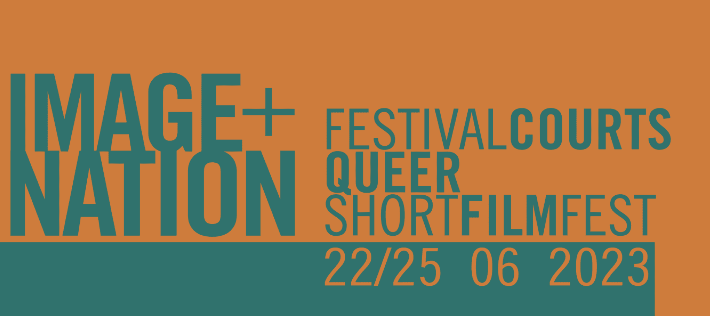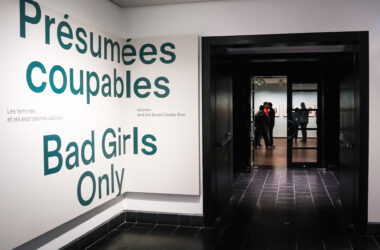From June 22 to 25, the Image+Nation 2SLGBTQIA+ Short Film Festival took centre stage, offering a virtual platform that showcased diverse queer narratives and experiences. With an impressive lineup of 34 films spread across five curated programs, the fourth edition of the festival celebrated the power of short films as a medium for amplifying 2SLGBTQIA+ voices.
In an interview with The Tribune, Kat Setzer, the festival’s programming director, explained how the festival was born out of the community’s desires and needs following the COVID-19 pandemic. The virtual format ensured an inclusive and transnational reach, allowing a broad audience to participate regardless of location or financial limitations. While discussing the criteria for the festival, Setzer emphasized that centring 2SLGBTQIA+ stories is fundamental for cinema.
“It is not just important; it is essential. It is the mandate upon which our organization is built. It is time to amplify the voices that have not been as representative within the queer canon, queer society, and society at large,” they said.
The festival consisted of five programs: A Question of Gender, Encounters/Amour, Queer Fighters, Declarations, and Queerment Québec, each offering a unique perspective on the queer community. The programs, organized by theme, featured at least five films each. With comedies, documentaries, and profound love stories, there was truly something for everyone. With each program lasting approximately an hour and a half, the viewers could watch the films at their own pace over the weekend.
“Declarations” explored unreserved queer stories. This program was unapologetically queer, and featured creators who held nothing back, emphasizing the power of filmmaking. By supporting and promoting 2SLGBTQIA+ creators, we push further away from cis- or heteronormative ignorance and discrimination. Standouts include Alison Reid’s Escape to Eternity, a four-minute tale of a sorceress saving her girlfriend from execution. Kim Kielhofner’s Today I Did Nothing brilliantly used playful imagery to contrast its difficult, tense personal essay.
“A Question of Gender” showcased honest stories from trans and non-binary creators. Notable films included Nyala Moon’s Dilating for Maximum Results, a humorous account of a Black trans woman’s experience dilating after four years, and Golden Voice, an uplifting narrative about a trans man who returns to his village in Cambodia after surviving the Khmer Rouge. The film does not focus on the genocide, instead retelling his story of finding the local queer and trans community, and also his future wife. This film was my personal favourite as it follows older queer people while still being refreshingly positive.
The “Queer Fighters” program focused on films by Ukrainian artists, highlighting the role of art and artists in the current war with Russia. Oksana Kazmina’s The Secret, The Girl and the Boy echoes Adam and Eve by depicting two individuals, playing in a garden, left to themselves while the authorities are busy fighting. This program reminds us that filmmaking can express the personal effects of contemporary crises while also educating us on past crises. The Wonderful Years used archive video material and interview excerpts to create a narrative of how queer women lived in late Soviet Union Ukraine. Directly followed by Simeiz, we learned about an underground gay resort on the southern coast of Crimea, where 2SLGBTQIA+ people found a safe space in the Soviet era.
“Queerment Québec” brought contemporary Quebec stories to the forefront and “Encounters/Amour” pulled at viewer’s heartstrings with tense relationships. The latter featured Fernando Reinaldos’ The End (Fin), a heartbreaking tale of an elderly woman caring for her wife who has Alzheimer’s.
As the films across the five programs reflect our world, transform perspectives, and emphasize the importance of queer storytelling, Setzer highlighted the profound impact of art and artists.
“Art and artists are the reflections of our world. Images and representations change minds and let us feel connected to the world and one another across the globe,” they said. “Their voices need to be heard. They need to be given the opportunity, spaces, and platforms upon which to yell.”
By showcasing underrepresented narratives and embracing a virtual and accessible format, the festival served as a vibrant platform for connection, comprehension, and celebration. Setzer’s reassurance of future editions and the upcoming 35th edition of the Image+Nation film festival in November reflects the festival’s commitment to continue serving as a catalyst for change and creative expression.









